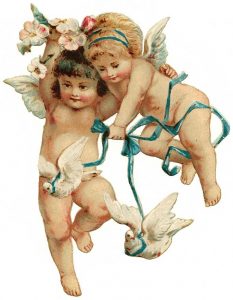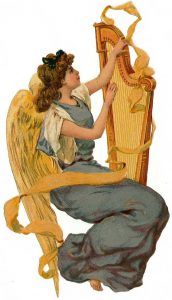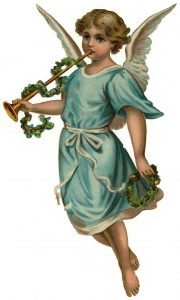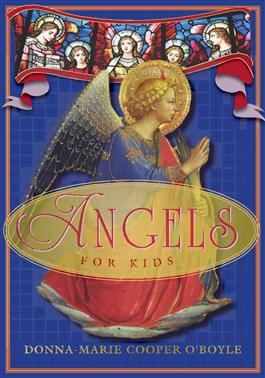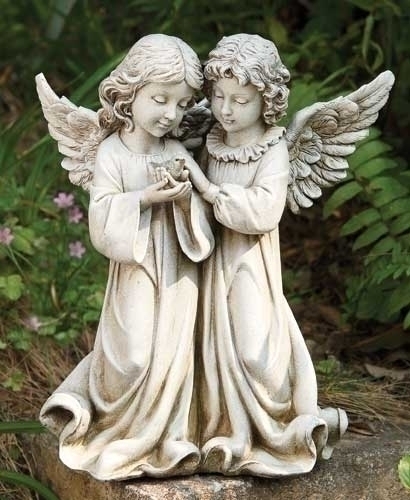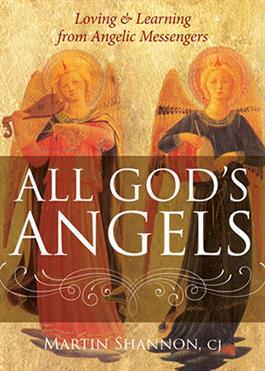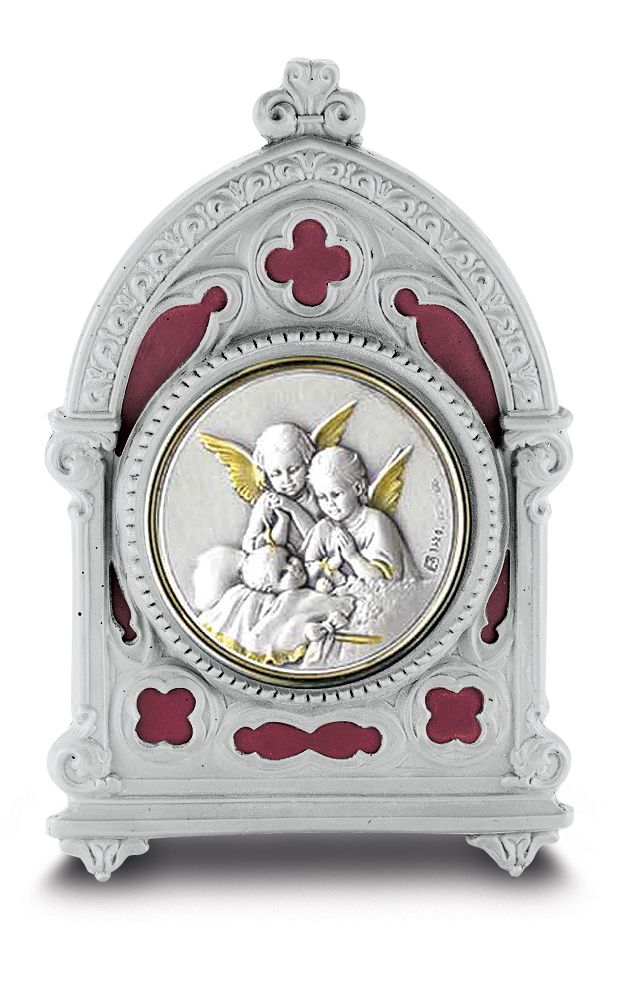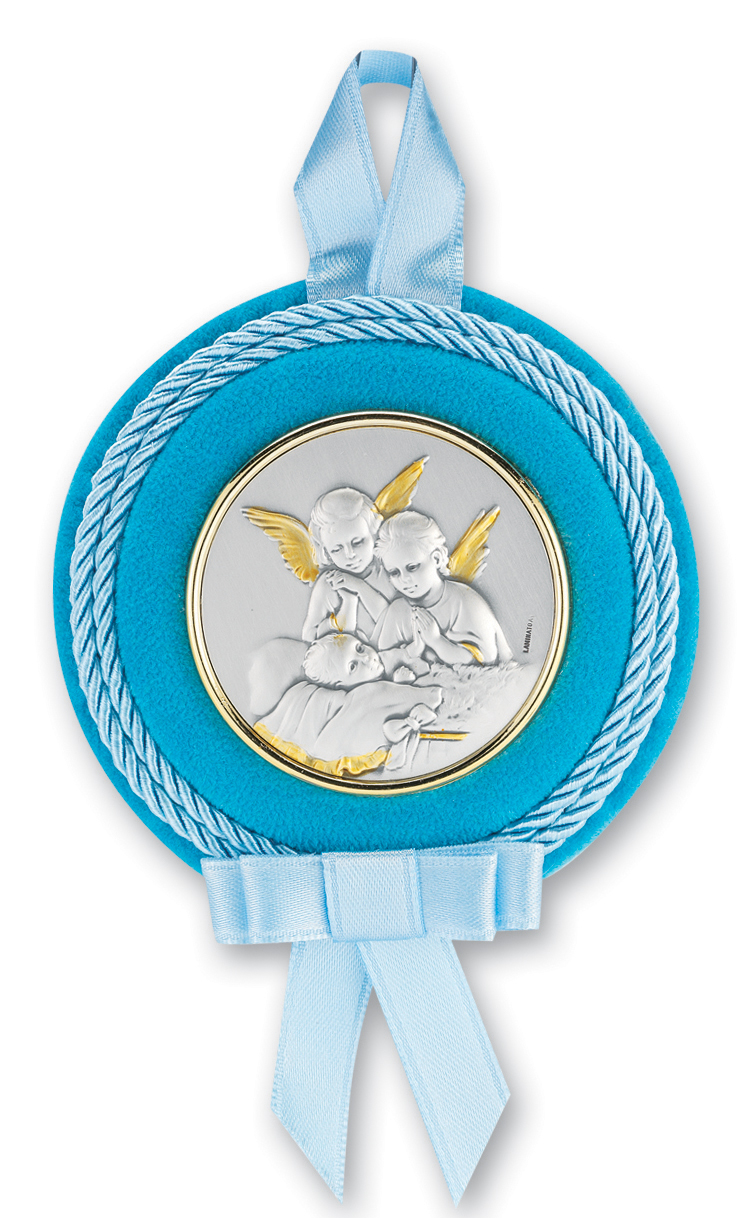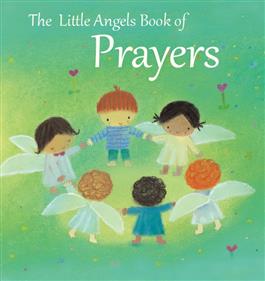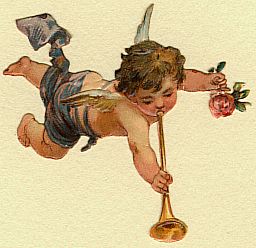
In Catholic tradition, there are nine choirs of angels, each with its unique role in the divine plan. Let’s explore each of the nine choirs through historical descriptions and biblical references.
Angels have fascinated and captivated the hearts and minds of believers for centuries. As pure spiritual beings created by God, angels serve as messengers, protectors, and intermediaries between heaven and earth.
The Church recognizes nine disctinct choirs of angels:
-
Seraphim
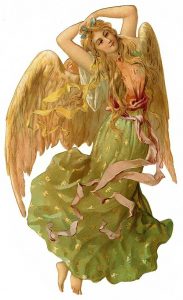 The Seraphim are the highest-ranking angels in the heavenly hierarchy. They are known for their intense love and devotion to God. The word “seraphim” means “burning ones,” reflecting their fiery passion for the Lord.
The Seraphim are the highest-ranking angels in the heavenly hierarchy. They are known for their intense love and devotion to God. The word “seraphim” means “burning ones,” reflecting their fiery passion for the Lord.
Seraphim perpetually encircle God’s throne, singing praises and glorifying His name. In the Bible, the prophet Isaiah describes his vision of the Seraphim:
“In the year that King Uzziah died, I saw the Lord, high and exalted, seated on a throne; and the train of his robe filled the temple. Above him were seraphim, each with six wings: With two wings they covered their faces, with two they covered their feet, and with two they were flying. And they were calling to one another: ‘Holy, holy, holy is the Lord Almighty; the whole earth is full of his glory.'” (Isaiah 6:1-3)
-
Cherubim
Cherubim are the second-highest order of angels, known for their wisdom and knowledge. They are often depicted as winged creatures with human faces, symbolizing their intelligence and closeness to God.
Cherubim serve as guardians of sacred spaces and bearers of divine secrets. In the Bible, Cherubim are mentioned in several instances, including guarding the entrance to the Garden of Eden:
“After he drove the man out, he placed on the east side of the Garden of Eden cherubim and a flaming sword flashing back and forth to guard the way to the tree of life.” (Genesis 3:24)
-
Thrones
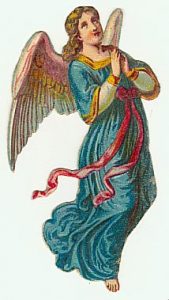 Thrones, the third choir of angels, are considered the symbols of divine justice and authority. They are known to carry out God’s judgments and maintain cosmic order.
Thrones, the third choir of angels, are considered the symbols of divine justice and authority. They are known to carry out God’s judgments and maintain cosmic order.
Thrones are often associated with wheels and are described as being in perpetual motion. The Apostle Paul mentions Thrones in his letter to the Colossians:
“For by him all things were created: things in heaven and on earth, visible and invisible, whether thrones or powers or rulers or authorities; all things have been created through him and for him.” (Colossians 1:16)
-
Dominions
Dominions, the fourth choir, are responsible for overseeing and directing the activities of lower-ranking angels. They are considered the leaders of the angelic realm and ensure that divine order is maintained. Dominions are rarely mentioned directly in the Bible, but their role in the heavenly hierarchy can be inferred from passages like the one from Colossians above.
-
Virtues
The fifth choir, Virtues, are known for their spiritual strength and courage. They are responsible for performing miracles and bestowing divine grace upon those who need it. Virtues also govern the elements and celestial bodies.
Although not explicitly mentioned in the Bible, their presence and influence can be deduced from miraculous events and divine interventions.
-
Powers
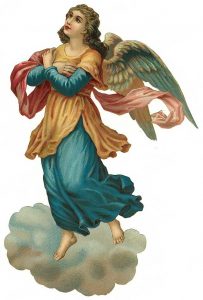 Powers, the sixth choir of angels, are tasked with defending the cosmos against evil and maintaining balance between good and evil. They are the spiritual warriors of the heavenly realm, protecting humanity from the influence of demons.
Powers, the sixth choir of angels, are tasked with defending the cosmos against evil and maintaining balance between good and evil. They are the spiritual warriors of the heavenly realm, protecting humanity from the influence of demons.
The Bible indirectly refers to Powers through passages such as the one from Colossians and in Ephesians:
“For our struggle is not against flesh and blood, but against the rulers, against the authorities, against the powers of this dark world and against the spiritual forces of evil in the heavenly realms.” (Ephesians 6:12)
-
Principalities
The seventh choir, Principalities, are the guardians of nations, cities, and other large communities. They work under the guidance of the Dominions to implement divine order on Earth. Principalities are also responsible for inspiring human leaders and institutions to act according to God’s will.
They are indirectly referenced in the New Testament, as in Paul’s letter to the Ephesians and Romans:
“For I am convinced that neither death nor life, neither angels nor demons, neither the present nor the future, nor any powers, neither height nor depth, nor anything else in all creation, will be able to separate us from the love of God that is in Christ Jesus our Lord.” (Romans 8:38-39)
-
Archangels
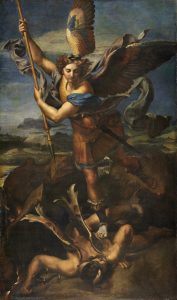 Archangels are the eighth choir of angels and are known for their prominent roles in Scripture and Catholic tradition. They serve as God’s messengers and are entrusted with important missions, such as announcing significant events or guiding and protecting individuals.
Archangels are the eighth choir of angels and are known for their prominent roles in Scripture and Catholic tradition. They serve as God’s messengers and are entrusted with important missions, such as announcing significant events or guiding and protecting individuals.
The Bible mentions three Archangels by name:
- Michael
- Gabriel
- Raphael
Michael is known as a warrior and defender, Gabriel as a messenger, and Raphael as a healer.
“But even the archangel Michael, when he was disputing with the devil about the body of Moses, did not himself dare to condemn him for slander but said, ‘The Lord rebuke you!'” (Jude 1:9)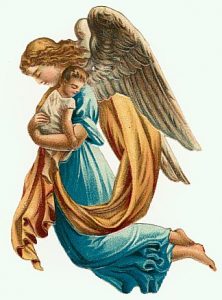
-
Angels
The ninth and final choir, Angels, are the most familiar to us, as they are most often sent to interact directly with humans. Guardian angels, who watch over and protect individual people, are part of this choir.
Angels serve as messengers and provide comfort, guidance, and protection to those in need. Throughout the Bible, angels appear in various instances, such as when they visited Abraham, announced the birth of Christ, and ministered to Jesus in the wilderness:
“Do not forget to show hospitality to strangers, for by so doing some people have shown hospitality to angels without knowing it.” (Hebrews 13:2)
Divine Order
The nine choirs of angels represent a rich and complex aspect of Catholic tradition, reflecting the divine order and heavenly hierarchy. Each choir has its unique role and purpose, working together to serve God and carry out His will.
By understanding and appreciating these celestial beings, we can deepen our faith and draw closer to the divine mysteries that surround us.

